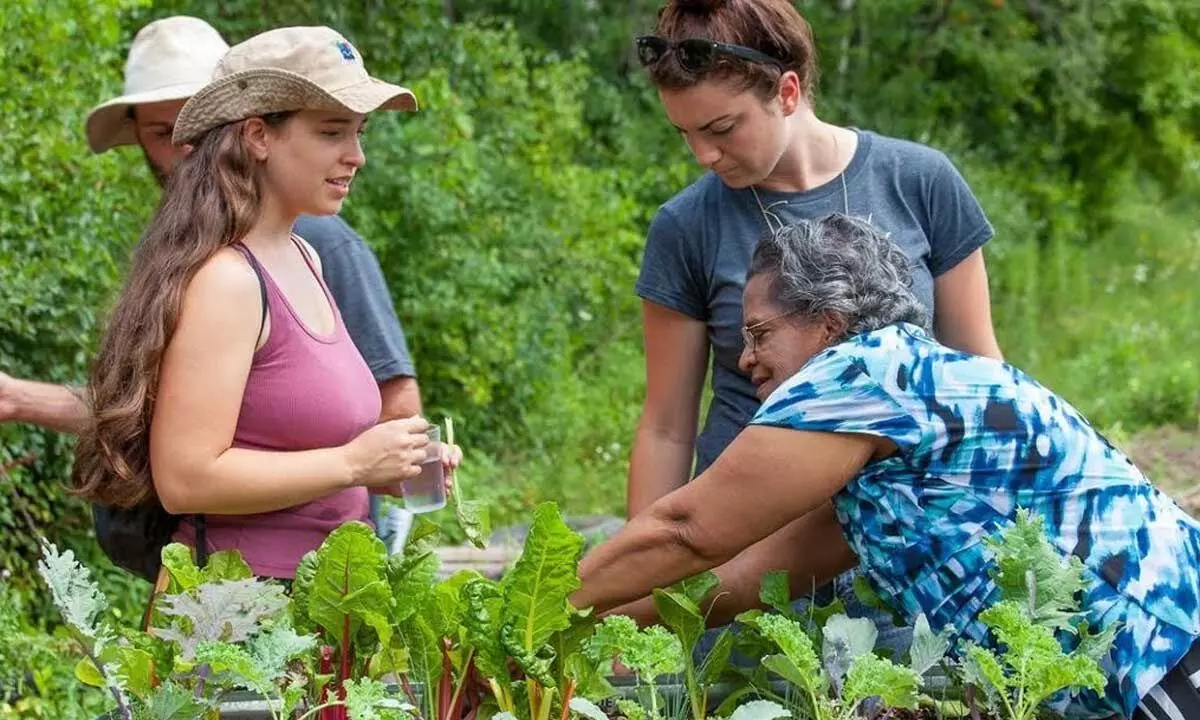Embracing urban farming

A sustainable response to climate change
As the effects of climate change become increasingly evident, urgent action is needed to address this global crisis. From extreme weather events to rising sea levels, the impact of climate change is being felt worldwide. However, amidst these challenges, there lies an opportunity for eco-conscious decisions, and urban farming is emerging as a practical response to mitigate climate change impacts and build a more resilient future.
The urgency to address climate change is underscored by sobering projections from the World Health Organization (WHO), estimating an additional 250,000 deaths annually due to climate-related diseases by the 2030s. Rising temperatures, melting ice caps, and more frequent extreme weathqer events are among the outcomes of unsustainable practices. The time to take action is now, and urban farming offers a promising path forward.
Urban Farming: A Sustainable Solution
Urban farming involves cultivating crops within and around cities, providing fresh, locally grown produce while offering numerous environmental benefits. By reducing the need for long-distance transportation of food, urban farming helps lower carbon emissions. Additionally, organic farming practices can improve soil health and biodiversity, further contributing to climate resilience.
Transforming City Spaces
One of the key advantages of urban farming is its ability to repurpose underutilized city spaces into organic food production centers. Vacant lots, rooftops, balconies, and vertical surfaces can be transformed into green spaces, mitigating the urban heat island effect and enhancing the aesthetic appeal of urban areas.
Community Engagement
Urban farming promotes community engagement and social cohesion by bringing people together to grow and share food. This fosters social bonds and creates a sense of belonging, particularly in densely populated urban areas where social isolation is a concern. Additionally, urban farming can provide economic opportunities for residents, especially in underserved communities.
Policy Support
To realize the full potential of urban farming, supportive policies and incentives are crucial. Some state governments have already provided subsidies to create an enabling environment for urban farming. However, policymakers need to scale up these efforts to make urban farming accessible to more people.
Urban farming has the potential to be a game-changer in the fight against climate change. By transforming city spaces into sustainable havens, urban farming can reduce carbon emissions, improve food security, and enhance the resilience of urban areas. But achieving this potential requires concerted efforts from policymakers, communities, and individuals. It’s time to embrace urban farming as a solution to climate change and work towards a more sustainable future.








